Since his dramatic exit from Nigeria in November, Bobrisky has been at the forefront of national conversations, particularly when it concerns the Economic and Financial Crimes Commission (EFCC). It all began on a fateful day in March 2024 when videos of the controversial crossdresser making it rain with naira notes went viral. Fast forward to October, and Bobrisky found himself in hot waters with not just one but two arrests— first by the Nigeria Immigration Service (NIS) and then by the EFCC as he tried to flee the country amidst legal woes.
The tension escalated when news broke that Aminu Salisu, an assistant superintendent at the EFCC, tragically lost his life during an operation in Anambra. Reacting to this incident, Bobrisky unleashed a scathing social media tirade against the anti-graft agency. His past encounter with the EFCC left a bitter taste in his mouth. With claims of invasion of privacy and fruitless attempts to access his digital communications, Bobrisky pulled no punches in expressing his disdain for what he considers “the most wicked people in Nigeria.”
Bobrisky’s Harsh Words
“I want to throw up anytime I read about them… You are asking the public to be human about your loss, but you are the most wicked people in Nigeria.”
During his time under EFCC scrutiny, Bobrisky alleged that they ransacked his home, confiscated his phone for an extended period, and pried into his emails. The social media sensation even narrated how EFCC demanded he provide contact details of a prominent Nigerian influencer—a request he defiantly rejected.
In Bobrisky’s Own Words
“When I was in your custody… you claimed I was into money laundering… Police are a hundred per cent better than you all one million times.”
Despite facing imprisonment for currency misuse earlier this year and serving time in a male correctional facility despite identifying as female, Bobrisky maintains that he is a law-abiding citizen who respects legal processes. In light of these challenges, he emphasized being cooperative with authorities while urging fellow business owners to be cautious about accepting payments in foreign currencies due to potential legal entanglements.
Sharing tales of friends falling victim to deceptive tactics employed by law enforcement agencies like pretending to be customers paying with foreign currency only to arrest unsuspecting individuals later serves as a stark warning for others caught up in similar situations.
Bobrisky’s stance against perceived injustices meted out by institutions like the EFCC underscores broader issues around privacy rights, due process adherence, and fair treatment within Nigeria’s legal landscape.
In conclusion, Bobrisky’s vocal criticisms may serve as a catalyst for discussions on balancing law enforcement practices with individual rights and shedding light on accountability within regulatory bodies—a narrative that continues to shape public perceptions and calls for transparency across various sectors.


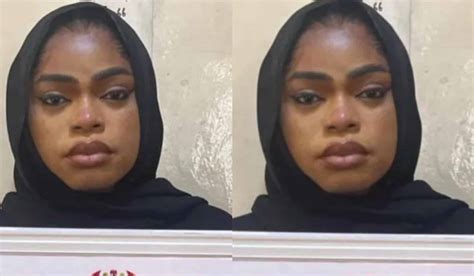
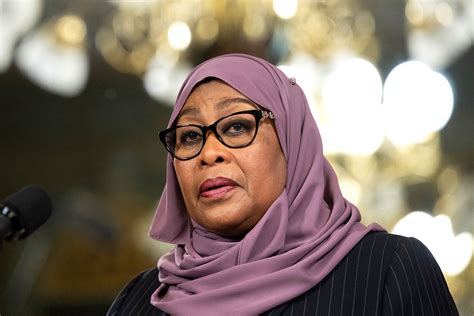
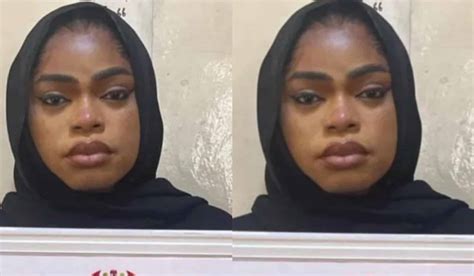


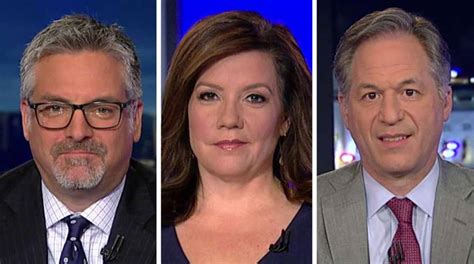
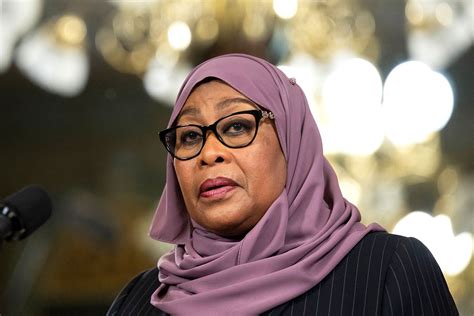
Leave feedback about this